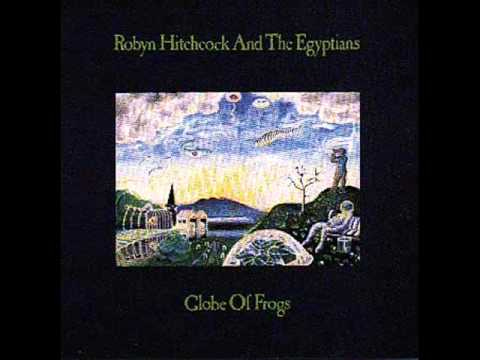Robyn Hitchcock: Cult Artist Forever
"All I wanted to do is make a living. I don't need to make fifteen of them."
From his band the Soft Boys (1976-1981) from Cambridge, England, Robyn Hitchcock has defined and refined the notion of "cult artist." A quick look at Wikipedia lists 50 albums by Hitchcock or Robyn Hitchcock & the Egyptians (including a few live albums and compilations). He had enough of an audience that like many indie bands in the 1980s, he moved to a major label.
The album was Globe of Frogs, by Robyn Hitchcock & the Egyptians. The late 1980s switch to major label A&M Records "worked": it was his top charting album, reaching No. 111 (that's one hundred and eleven) on the Billboard Top Albums chart. It remains my favorite of his albums, along with two dozen others: Such is the fate of the cult artist, remarkable consistency in the face of the record company's familiar refrain: "But we don't hear a hit single here."
In 2024, Hitchcock released a memoir, 1967: How I Got There and Why I Never Really Left. The year of Sgt. Pepper shaped him, as he would continue to shape the colorful sou…
Keep reading with a 7-day free trial
Subscribe to Critical Conditions by Wayne Robins to keep reading this post and get 7 days of free access to the full post archives.



